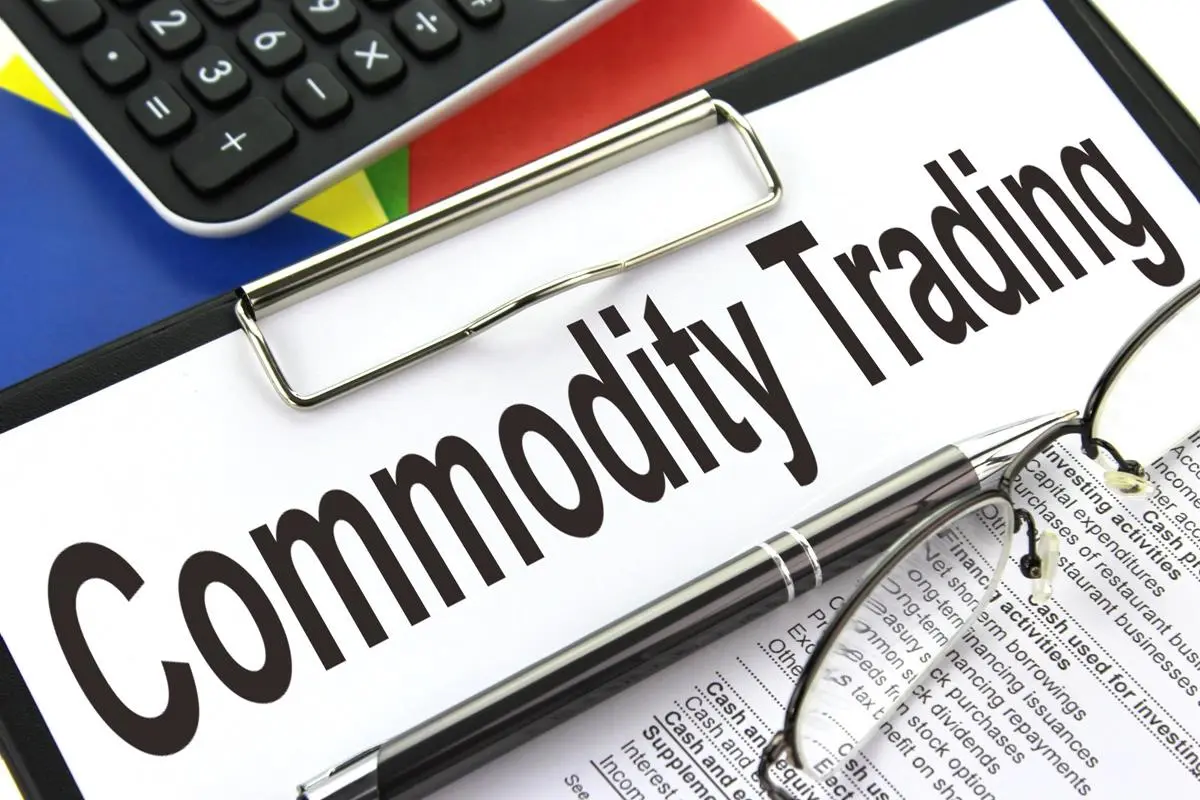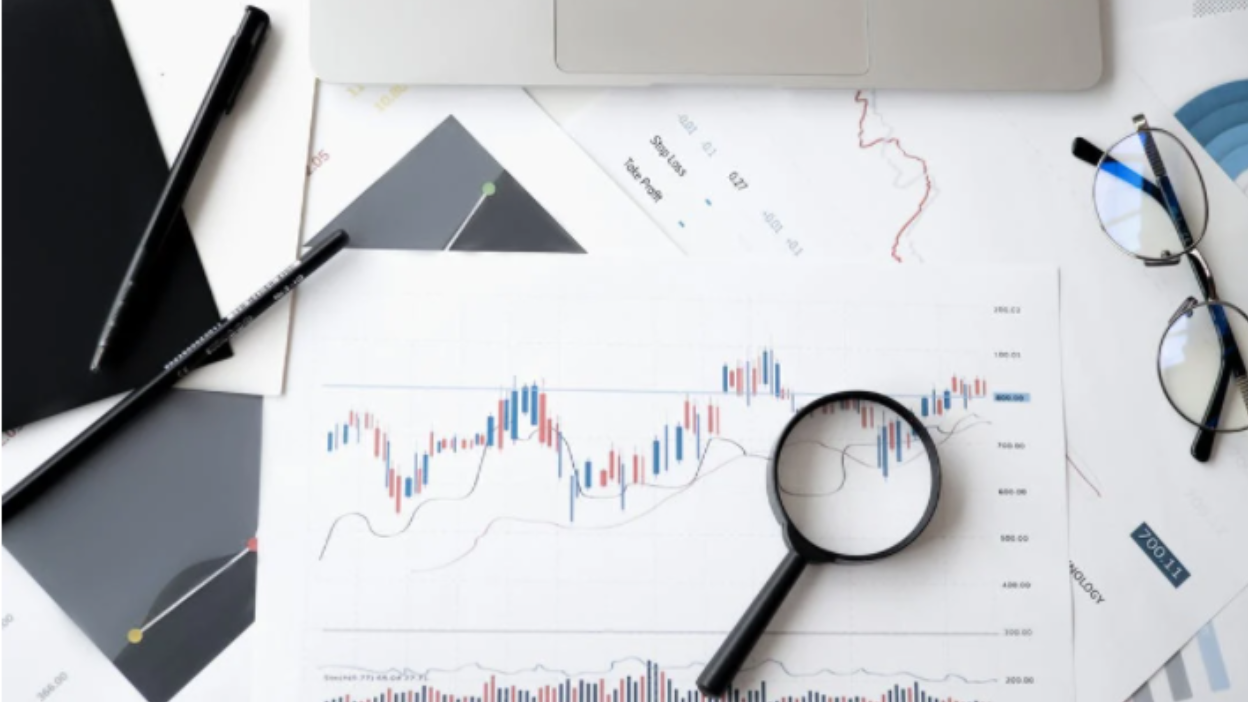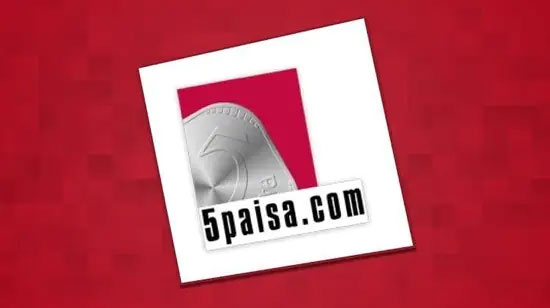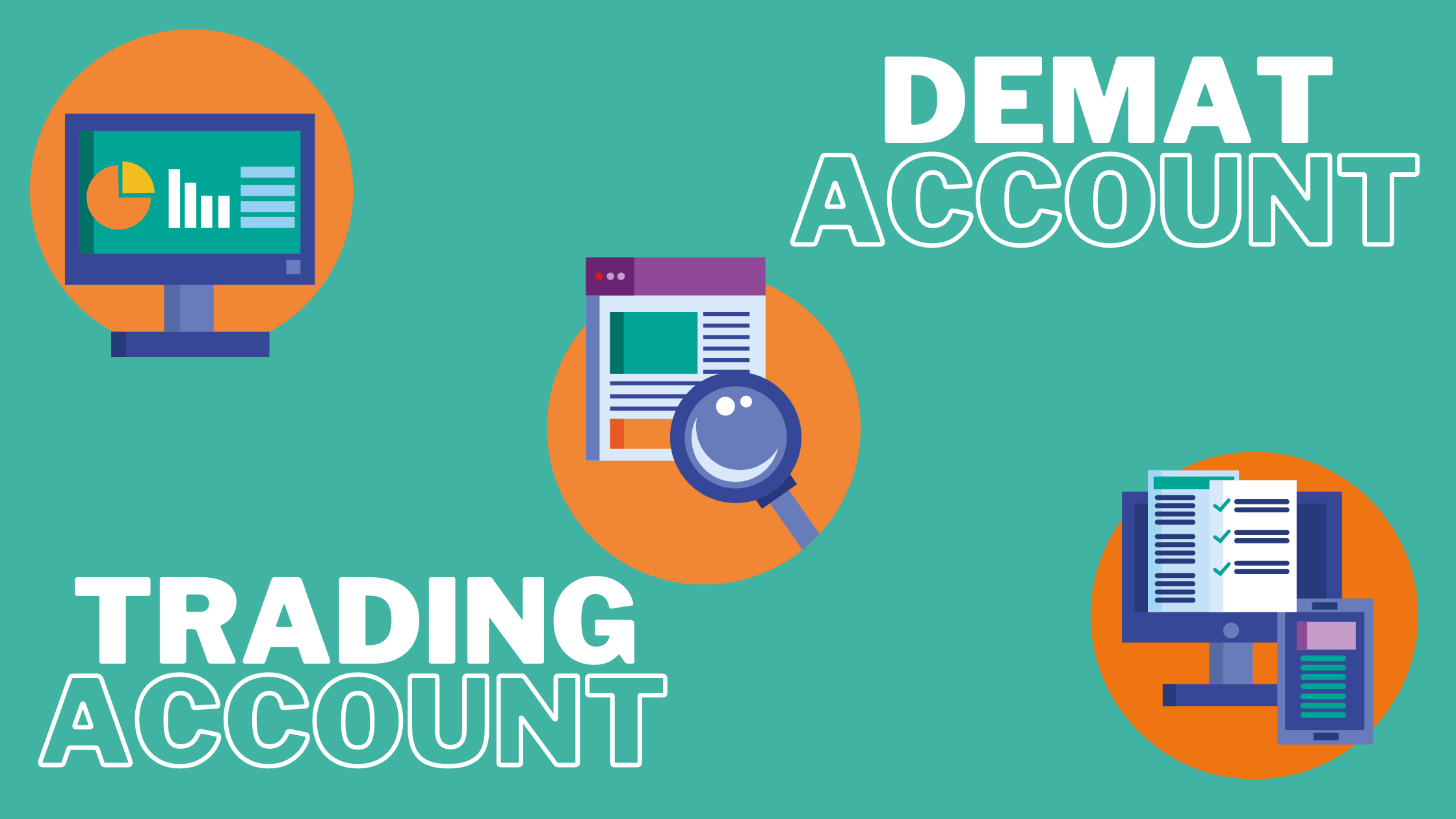What is commodity trading? Who should delve into it
Commodity trading is focused on raw materials or primary products that have an intrinsic value and can be used for the manufacturing of a refined good.
Written by Web Desk Team | Published :January 5, 2023 , 11:45 am IST

Commodity trading is focused on raw materials or primary products that have an intrinsic value and can be used for the manufacturing of a refined good. The commodity category includes precious metals, agricultural products, mineral ores and fossil fuels. To be eligible for trade, the commodity must be standardized with another commodity of the same type.
While the quality of the commodities may vary, they must fulfil certain criteria across different producers. Like the share trade on the stock markets, commodities are bought and sold in the commodity market. There are dedicated commodity exchanges that enable the trader to easily buy and sell commodities online. The commodities are broadly classified into two categories – agricultural and non-agricultural.
Nonagricultural commodities are further categorized into sub-categories for trade: bullion, energy, and metals. The trade in the commodity market works on the principle of demand and supply.
The prices of the commodities may be affected due to factors related to the specific country or the globe. For example, the rise in demand for agricultural products due to drought or similar situations in any part of the world lead to a price surge. Similarly, the geopolitical situation between countries, which could possibly impact the supply of commodities, can also impact the prices.
The prices in commodity trade are also affected by currency movements, economic situations, and other similar factors.
Commodity trading offers diversification to your portfolio as the prices in this market can be moved opposite to the trends in traditional securities trade. This gives a shield to the traders in the phase of volatility.
As commodity trading could be significantly affected due to multiple factors, it’s important for new traders in the commodity market to gain knowledge about the market first. The best way to gain knowledge about commodity trading is to do a thorough research about the market and learn finer nuances before entering into trading. To gain more knowledge you can log on to: https://www.5paisa.com/demat-account
Indian commodity trade can be performed through six major exchanges: National Multi Commodity Exchange India (NMCE), National Commodity and Derivative Exchange (NCDEX), Multi Commodity Exchange of India (MCX), Indian Commodity Exchange (ICEX), National Stock Exchange (NSE) and BSE.
To start trading in commodities, you would need demat, trading and bank accounts. Commodity trade offers higher leverage. To buy a commodity, the trader has to pay the margin percentage set by the exchange. For example, if gold future is trading at Rs 50,000 when you want to buy it, and the margin is set at 3.5 per cent on the MCX. So, if the gold moves up by Rs 1000, this amount will be credited to your bank account linked to the trading account. In case, the prices go down, the drop will be deducted from your bank account.
The higher leverage, however, also means a greater risk involved in commodity trade. This brings us to question who should engage in commodity trading.
Since commodity prices can be more volatile than traditional securities, the market is more suited for those who have higher risk tolerance with longer time. Another to focus on while delving into commodity trade, is that, unlike securities trade, commodity investment can only generate capital gains.
So, anyone venturing in commodity ready must be equipped to take long terms positions and have a greater appetite for risk. Like the ground rule for every trading or business activity, they must also conduct thorough research on the market’s functioning and dynamics.
You can start stock trading with a small amount and increase your investment in shares as you learn nuances about the market and gain experience. To gain more knowledge and learn the secrets of success in stock market log on to: https://www.5paisa.com/demat-account






